- Doctors & Departments
-
Conditions & Advice
- Overview
- Conditions and Symptoms
- Symptom Checker
- Parent Resources
- The Connection Journey
- Calm A Crying Baby
- Sports Articles
- Dosage Tables
- Baby Guide
-
Your Visit
- Overview
- Prepare for Your Visit
- Your Overnight Stay
- Send a Cheer Card
- Family and Patient Resources
- Patient Cost Estimate
- Insurance and Financial Resources
- Online Bill Pay
- Medical Records
- Policies and Procedures
- We Ask Because We Care
Click to find the locations nearest youFind locations by region
See all locations -
Community
- Overview
- Addressing the Youth Mental Health Crisis
- Calendar of Events
- Child Health Advocacy
- Community Health
- Community Partners
- Corporate Relations
- Global Health
- Patient Advocacy
- Patient Stories
- Pediatric Affiliations
- Support Children’s Colorado
- Specialty Outreach Clinics
Your Support Matters
Upcoming Events
Colorado Hospitals Substance Exposed Newborn Quality Improvement Collaborative CHoSEN Conference (Hybrid)
Monday, April 29, 2024The CHoSEN Collaborative is an effort to increase consistency in...
-
Research & Innovation
- Overview
- Pediatric Clinical Trials
- Q: Pediatric Health Advances
- Discoveries and Milestones
- Training and Internships
- Academic Affiliation
- Investigator Resources
- Funding Opportunities
- Center For Innovation
- Support Our Research
- Research Areas

It starts with a Q:
For the latest cutting-edge research, innovative collaborations and remarkable discoveries in child health, read stories from across all our areas of study in Q: Advances and Answers in Pediatric Health.


Heart
Congenital Heart Defects (CHD)
We treat kids like they should be treated: like kids. That’s why we designed our hospital just for them.
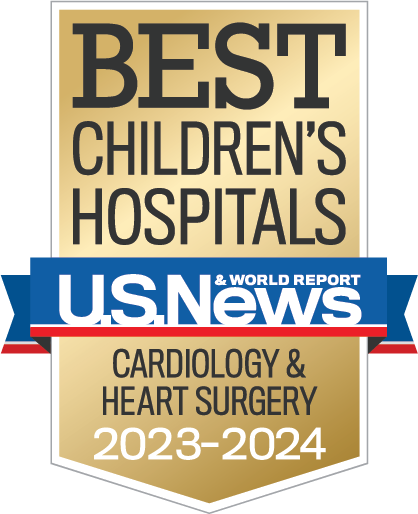
What are congenital heart defects?
"Congenital" means a condition is present at birth. Congenital heart defects (also called congenital heart disease, or CHD) are the most common birth defects. Infants born with a congenital heart defect have abnormal structure to their heart, which can affect the way the heart works and how blood flows through the heart to the rest of the body. Approximately 1 out of every 100 babies is born with a CHD.
Some forms of congenital heart disease cause little or very few problems in the health, growth and development of the infant. Other forms are more serious and require interventions like cardiac catheterization or heart surgery for the child to survive and thrive.
In decades past, most children with serious or critical CHDs did not survive. But with advancements in diagnostic technologies, research, cardiac care and surgical treatment, CHDs are being diagnosed sooner – often even before the baby is born – and children born with a CHD are living longer, healthier lives. In fact, most CHD patients are now living into adulthood, meaning they have adult congenital heart disease (ACHD). Although there are treatments for many different CHDs, there is no cure. Congenital heart disease is a lifelong disease requiring ongoing monitoring and specialized care.
At Children's Hospital Colorado, both our Colorado Fetal Care Center and Heart Institute may be involved in diagnosis, treatment and follow up care for patients with CHDs.
Types of congenital heart defects (CHDs)
There are numerous heart defects, with many additional variations due to subtle differences in anatomy. Congenital heart defects range from minor, such as having a small hole in the heart, to severe, such as missing parts of the heart.
Depending on the defect, different parts of the heart may be affected, such as:
- Septum: A wall made of muscle that divides the heart into two halves. In a normal heart the atria (upper chambers where blood enters the ventricles) and ventricles (lower chambers that pump blood to the circulatory system) are separated by a septum and the ventricles.
- Chambers: Four "holding areas" that pump blood in and out of the body and lungs. Each half of the heart has two chambers: the atrium and the ventricle.
- Heart valves: Four one-way "gates" (one for each chamber) meant to keep blood moving in the right direction through the heart. Each valve opens so that blood can flow into the next chamber, and then closes so it can't go backwards.
- Veins and arteries: Blood vessels that serve as the "highway system" for the body's blood supply.
The following conditions are examples of different congenital heart defects:
- Aortic stenosis
- Atrial septal defect
- Atrioventricular septal defect, also known as an atrioventricular canal defect
- Coarctation of the aorta*
- Double outlet right ventricle (DORV)*
- Ebstein anomaly*
- Ectopia cordis
- Heterotaxy syndrome
- Hypoplastic left heart syndrome (HLHS)*
- Interrupted aortic arch (IAA)*
- Pulmonary atresia
- Pulmonary stenosis
- Single ventricle defects*
- Tetralogy of Fallot (TOF)*
- Total anomalous pulmonary venous return (TAPVR)*
- Transposition of the great arteries* (TGA)
- Tricuspid atresia*
- Truncus arteriosus*
- Ventricular septal defect
* Critical congenital heart defects
What is critical congenital heart disease?
Approximately one in four babies diagnosed with a heart defect has what's called critical congenital heart disease (CCHD). Infants with critical CHD face a higher risk of health complications and death if they are not diagnosed in utero (in the womb) or soon after birth. Babies who do survive are at greater risk for brain injury and developmental delays if intervention is delayed.
Learn about other cardiac conditions we treat, including fetal heart conditions and pediatric heart conditions in infancy and childhood.
What causes congenital heart disease?
Congenital heart defects occur when the heart does not develop normally during the early weeks of the mother's pregnancy. The exact reason this occurs is unknown, but research is ongoing. The following factors have been associated with CHD – meaning these may or may not play a role:
- Medical conditions in the mom, such as diabetes, phenylketonuria (PKU), lupus, erythematosus, Sjogren's syndrome or obesity
- Changes in genes or chromosomes (genetic mutations), including conditions like Down syndrome or Turner syndrome
- Medical conditions that can run in families, such as Marfan syndrome, cardiomyopathy or 22q11.2 (DiGeorge) syndrome
- A family history of congenital heart disease
- Assisted reproductive technology (such as IVF therapy)
- Certain medications taken during pregnancy
How common are congenital heart defects?
CHDs are the most common type of birth defect, affecting nearly 40,000 births in the U.S. each year, or approximately 1 in 100 babies. The Centers for Disease Control and Prevention (CDC) estimate that more than 2 million people in the U.S. are living with a congenital heart defect.
What are the signs and symptoms of congenital heart defects?
The signs and symptoms of congenital heart defects can vary according to the defect and its severity.
Signs of fetal heart defects during pregnancy
Expectant mothers carrying a baby with a fetal heart defect do not experience any outward signs of CHD. An obstetrician (OB) or maternal fetal medicine specialist (MFM) may suspect a fetal heart problem during prenatal ultrasound. They would then refer the patient to a fetal cardiologist to make or confirm the diagnosis.
If a CHD is detected in utero, it gives the family time to understand the diagnosis, evaluate for additional fetal abnormalities and make pregnancy decisions based on their personal values. For families who want to continue the pregnancy, diagnosis before birth allows the doctors and family to plan fetal monitoring, design a safe and timely delivery and plan for medical care they might need immediately after birth.
Learn about other fetal heart conditions that can develop during pregnancy.
Signs of congenital heart disease in babies and children
Signs and symptoms of CHDs vary depending on the type and severity of the specific defect. Some heart defects cause little or no symptoms. Others cause serious symptoms right at birth.
Because CHDs affect the heart's ability to pump blood to the rest of the body, congenital heart defects can produce signs including:
- A blue tint to the nails, lips or skin (called cyanosis)
- Fast or troubled breathing
- Tiredness and sleepiness, especially when feeding
- Sweating, especially during feedings
- Failure to gain weight (failure to thrive)
- Weak pulse
How are congenital heart defects diagnosed?
A majority of serious congenital heart defects can be detected and diagnosed before the baby is born. For those babies with heart problems not detected in the womb, most are diagnosed soon after birth thanks to newborn screening programs. Some minor forms of congenital heart defects are more difficult to detect early in life and may not be diagnosed until later in childhood.
In some cases, these conditions go undiagnosed until a person becomes an adult. Both children with CHD who grow up to become adults and the adults who are not diagnosed until much later in life have what is known as adult congenital heart disease, which requires specialized, lifelong care.
Diagnosing congenital heart defects before birth
Using a special type of ultrasound called a fetal echocardiogram (or ECHO), our fetal cardiology specialists can diagnose a majority of CHDs before birth – specifically, structural cardiac defects and cardiac arrhythmias.
During fetal echocardiography, sound waves create a picture of the baby's developing heart. The fetal cardiologist then uses these ultrasound pictures to determine if the anatomy is abnormal and diagnose any fetal heart problems. An obstetrician may refer an expecting mother for a fetal echo if:
- There's a family history of CHD
- The fetus has a chromosomal (genetic) condition like Down syndrome
- The mom has chronic medical condition associated with congenital heart disease, such as diabetes, lupus or Sjogren's syndrome
- The screening ultrasound shows signs of heart disease or abnormal heart rhythm
Diagnosing congenital heart disease in babies and children
Even without a fetal diagnosis, almost all serious or critical congenital heart diseases are caught before the baby is sent home from the hospital thanks to screening programs for CHD, such as pulse oximetry (pulse ox). A pulse ox is a painless test that uses a sensor to check the amount of oxygen in the baby's blood.
If a newborn or child exhibits signs and symptoms of a heart defect and a CHD is suspected, your child will be referred to our Heart Institute to undergo evaluation by our nationally-ranked pediatric cardiology team.
Cardiac evaluations may include the following diagnostic tests:
- Pediatric electrocardiogram
- Pediatric echocardiogram (ECHO)
- Pediatric cardiac MRI
- Cardiac catheterization
Your cardiologist will determine if any of these tests are needed.
How are congenital heart defects treated?
Not all congenital heart defects require treatment, but for those that do, treatment can vary from minor to invasive, like open heart surgery. Your cardiology team will guide your child's care to ensure they receive the best monitoring and treatment for their particular congenital heart defect. Treatment for congenital heart defects can include:
Why choose Children's Colorado to treat your child's heart condition
At Children's Colorado, the multidisciplinary team at our nationally-ranked Heart Institute cares for patients with a wide range of congenital heart defects, from the most common to the very rare.
Our team's advanced training and access to leading-edge pediatric research, imaging and technology mean that we're equipped to correct many heart defects without open heart surgery. We treat every patient and every diagnosis individually, working as a team to determine the best treatment for your child's heart defect.
Watch how we came together to determine the best treatments for Theo, Sam and Colt in the video below.
Our Cardiology Program has some of the best patient outcomes of any pediatric hospital in the nation thanks to our dedicated team of cardiology experts.
See why our outcomes make us one of the top heart hospitalsLabor and delivery for pregnancies with cardiac complications
For certain severe CHDs, babies may need cardiac intervention immediately after delivery. Sometimes, babies born with a critical heart defect that wasn't diagnosed before birth may be separated from their mothers as they're transferred to a different department or facility with cardiac capabilities upon birth.
But here at the Colorado Fetal Care Center at Children's Colorado, we keep moms and babies close together. With state-of-the-art delivery suites, a Cardiac Intensive Care Unit (CICU) and dedicated Maternal Fetal Care Unit (MFCU), we're able to provide the full range of fetal, obstetric and pediatric expertise you and your baby need – before, during and after delivery.
In our Fetal Cardiology Program, your baby will be in the capable hands of the pediatric cardiology specialists they need. And while you recover from your delivery in the MFCU, you'll be just a floor away from where your baby is recovering from treatment in the CICU.
And if your baby is transferred here from another hospital after delivery, you can be transported as well to recover just steps away from your child.
A lifetime of care for congenital heart disease
From pregnancy through adulthood, Children's Colorado's Heart Institute has the expertise to care for individuals diagnosed with congenital heart defects. No matter when the patient is diagnosed, be it in infancy, childhood or even adulthood, we are equipped to provide expert and compassionate lifelong care for simple to complex heart defects.
See how we provide care long past adolescence in our Adult Congenital Heart Disease Program.
Helpful resources for families of patients with congenital heart defects
If you'd like to learn more about congenital heart defects, visit:
- Heart Institute
- Colorado Fetal Care Center
- American Pregnancy Association
- Pediatric Congenital Heart Association
- Adult Congenital Heart Association
- 2HEARTS
- March of Dimes
- Centers for Disease Control and Prevention (CDC)
- American Heart Association
- National Heart, Lung, and Blood Institute at the National Institutes of Health
Next steps
-
Would you like to learn more about us?
Learn more about the Heart Institute -
Do you have questions about your child’s condition?
720-777-6820 -
Are you ready to schedule an appointment?
Schedule an appointment

Compassionate care, wherever you are
We’re here when you need us. Telehealth appointments are available across every specialty, so you can get the high-quality care we’ve always offered from the comfort, privacy and convenience of home.
See if telehealth is right for you
Get to know our pediatric experts.
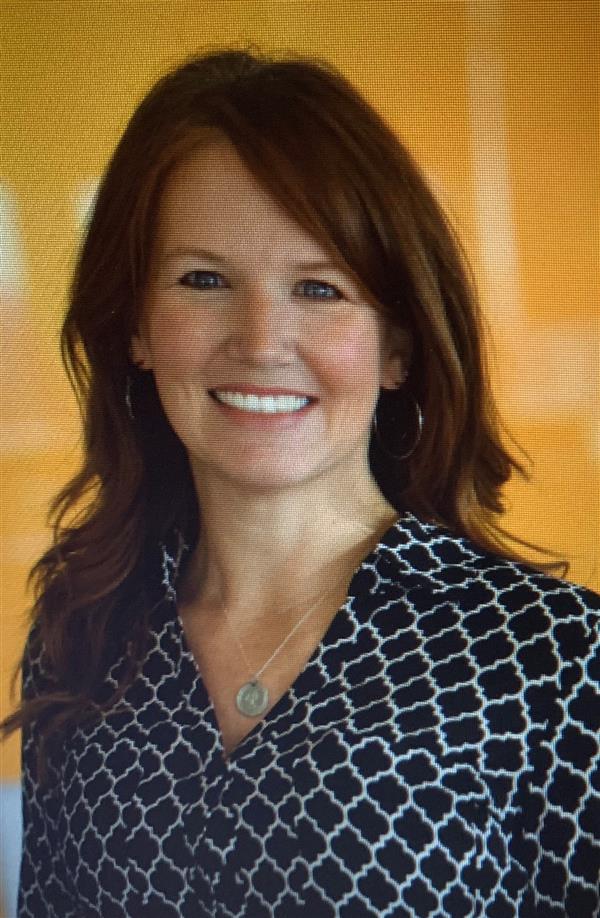
Bethany Diamond Primeaux, CPNP-AC/PC
Certified Pediatric Nurse Practitioner, Certified Pediatric Nurse Practitioner
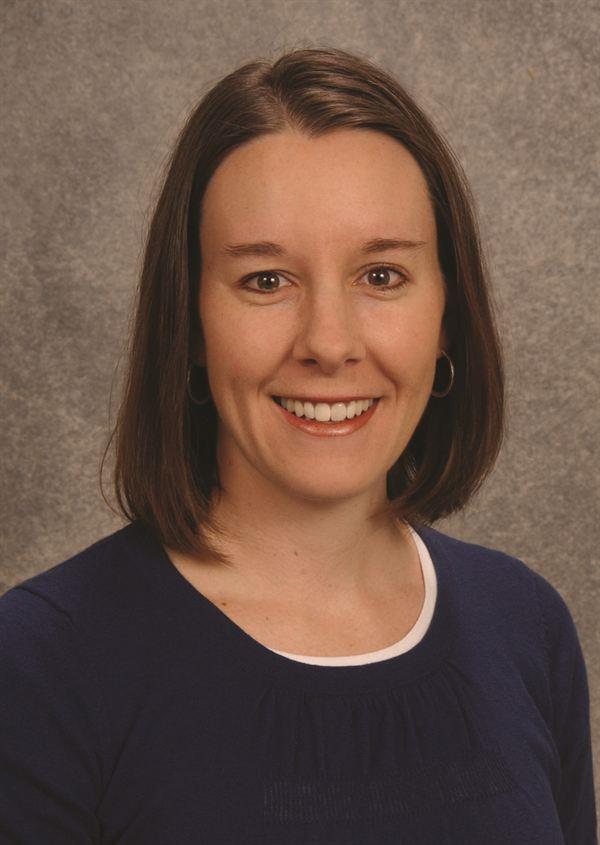
Jessica Church, CPNP-AC/PC
Certified Pediatric Nurse Practitioner, Certified Pediatric Nurse Practitioner
Patient ratings and reviews are not available Why?
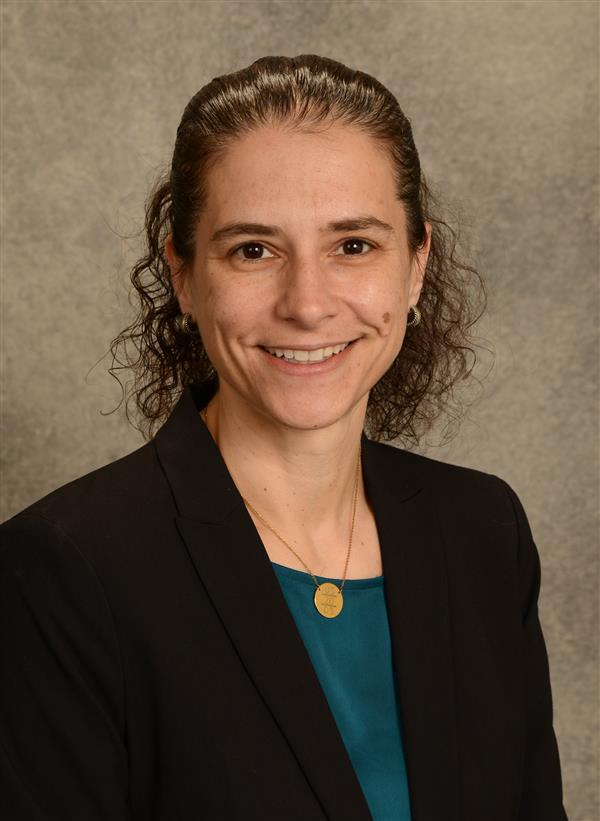
Melodie Biblis, CPNP-AC
Certified Pediatric Nurse Practitioner, Nurse Practitioner
Patient ratings and reviews are not available Why?
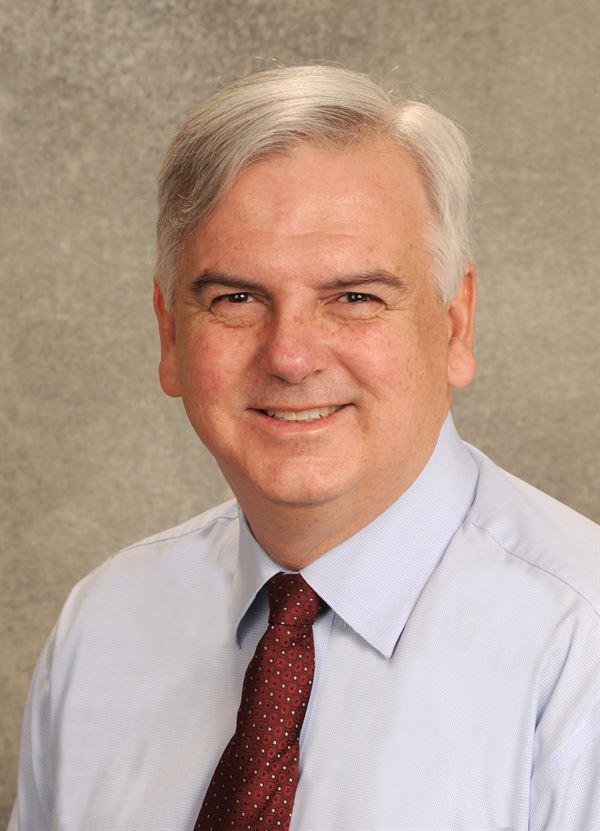



 720-777-0123
720-777-0123




